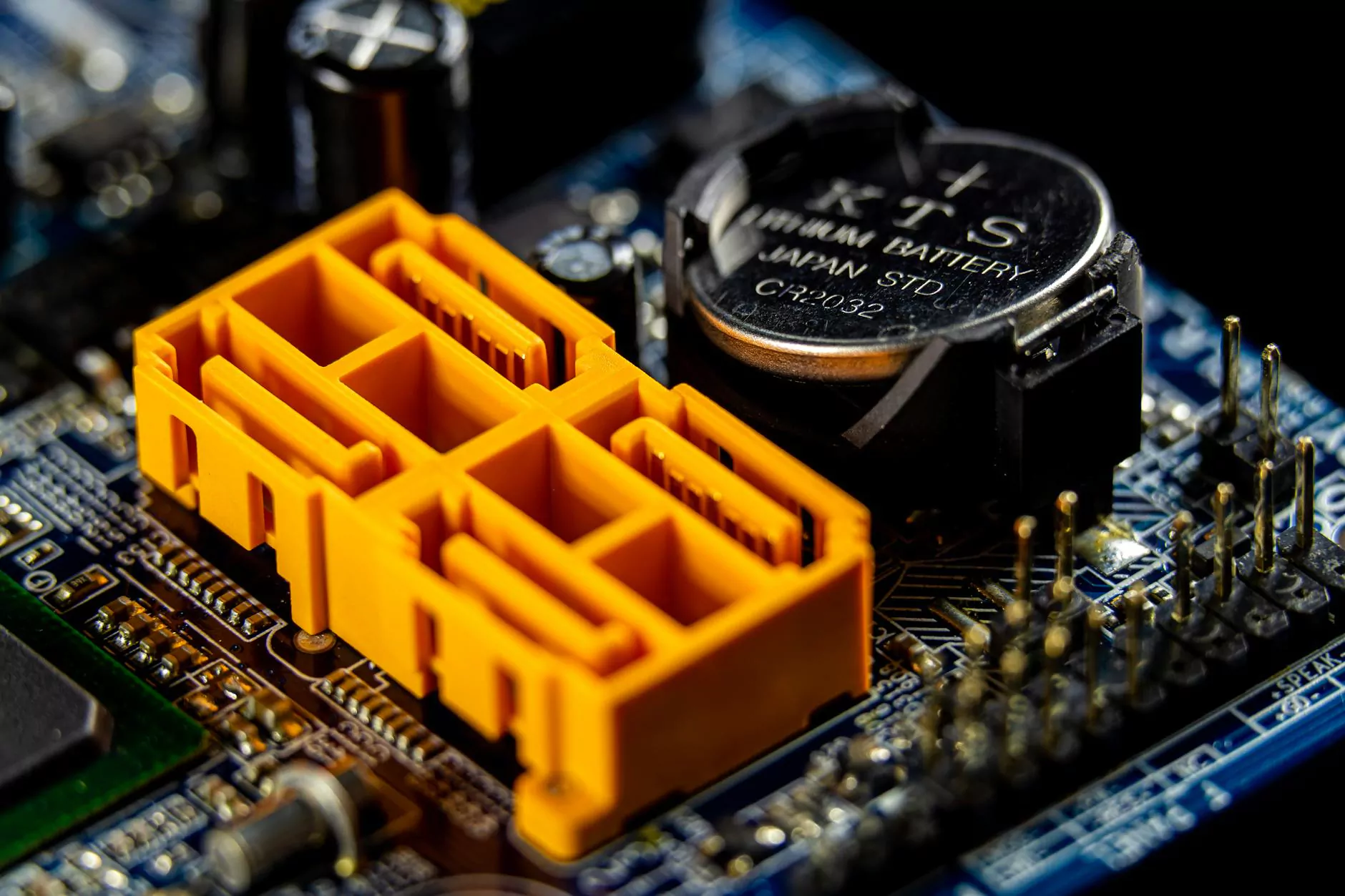The Dynamic World of Car Parts Manufacturers

The automotive industry is a cornerstone of the global economy, with the demand for vehicles continuing to grow. At the heart of this expansive market are the car parts manufacturers, whose contributions are essential for keeping vehicles operational, safe, and efficient. This article delves into the intricate world of car parts manufacturing, shedding light on their processes, innovations, and significance in today's market.
Understanding the Role of Car Parts Manufacturers
Car parts manufacturers design, produce, and supply components essential for vehicle assembly and maintenance. Their products range from small fittings to complex systems that drive performance and safety features. From the moment a vehicle is conceptualized, these manufacturers play a pivotal role in ensuring that every component meets the required standards.
The Importance of Quality in Manufacturing
Quality assurance is paramount in the auto parts industry. Manufacturers must adhere to strict guidelines and regulations to ensure that their products are safe and reliable. This not only protects end-users but also enhances the manufacturer's reputation. Key aspects of quality control in manufacturing include:
- Material Selection: The choice of materials significantly affects the durability and performance of parts.
- Precision Engineering: High-quality manufacturing processes ensure that components fit together flawlessly.
- Testing Procedures: Rigorous testing protocols are essential to ensure safety and compliance with industry standards.
The Manufacturing Process: From Concept to Creation
The journey of a car part begins with concept design, followed by various stages of production. Understanding this process helps underscore the expertise involved in car parts manufacturing.
1. Conceptual Design
Every car part starts with a detailed design that outlines its function, dimensions, and material requirements. Utilizing advanced software, engineers create prototypes that can be tested and modified.
2. Prototyping
Prototyping is a crucial step where manufacturers create a model to evaluate its functionality. This phase helps to identify potential issues early on, allowing for refinements before mass production begins.
3. Material Sourcing
Finding the right materials is critical for durability and performance. Manufacturers often work with specialized suppliers to procure high-quality raw materials that meet their strict specifications.
4. Production
Once materials are secured, production begins. This stage can involve various processes, including:
- Machining: Cutting and shaping materials to meet precise specifications.
- Injection Molding: Used for producing plastic parts, this process involves injecting molten material into molds.
- Assembly: Different components are assembled to form complete systems, ensuring functionality and quality.
5. Quality Control
Before any part hits the market, it undergoes extensive testing to verify its safety and durability. This includes functionality tests, stress tests, and sometimes crash tests.
6. Distribution
After passing quality assurance, parts are packaged and prepared for distribution to wholesalers, retailers, or directly to vehicle manufacturers. Timely distribution is critical to keeping the automotive production line moving.
Innovations in Car Parts Manufacturing
The car parts manufacturers sector is an ever-evolving field, with technological advancements continuously shaping how parts are produced. Here are some key innovations making waves in the industry:
1. Automation and Robotics
Manufacturers are increasingly incorporating automated processes and robotics into production lines. This enhances precision and speeds up production times while reducing costs.
2. 3D Printing Technology
3D printing has revolutionized prototyping and production. Manufacturers can quickly produce complex parts with less waste, allowing for greater customization and rapid iteration.
3. Sustainable Practices
With increasing awareness of environmental issues, many manufacturers are adopting sustainable practices. This includes using eco-friendly materials and recycling efforts to minimize waste.
Challenges Faced by Car Parts Manufacturers
While the prospects in the automotive industry are promising, car parts manufacturers face several challenges that require strategic planning and innovation:
1. Supply Chain Disruptions
The globalization of supply chains can lead to vulnerabilities. Manufacturers must have contingency plans in place to navigate disruptions effectively.
2. Compliance and Regulatory Changes
Staying compliant with changing regulations can be daunting. Continuous education and adaptation are essential for manufacturers to meet industry standards.
3. Cost Management
Balancing production costs with quality is challenging. Manufacturers must invest in technology and training while maintaining competitive pricing.
The Future of Car Parts Manufacturing
The future for car parts manufacturers looks bright, with several emerging trends influencing the industry:
1. Electric and Autonomous Vehicles
The rise of electric vehicles (EVs) and autonomous technology is reshaping parts manufacturing. Manufacturers will need to pivot and adapt their offerings to accommodate these advancements.
2. Enhanced Connectivity
With cars becoming more connected, manufacturers need to incorporate technology that enables communication between parts and external systems for improved performance and safety.
3. Global Collaboration
As the industry grows more interconnected, collaborating globally will become crucial for innovation and efficiency in car parts manufacturing.
Conclusion
The significance of car parts manufacturers in the automotive industry cannot be overstated. Their expertise, innovation, and commitment to quality are what drive the sector forward. As technology evolves and the market landscape shifts, these manufacturers will play an essential role in shaping the future of transportation.
By embracing challenges and capitalizing on opportunities, the automotive parts manufacturing sector will continue to thrive. The next time you hit the road, take a moment to appreciate the intricate network of hardworking manufacturers that keep your vehicle running smoothly!









